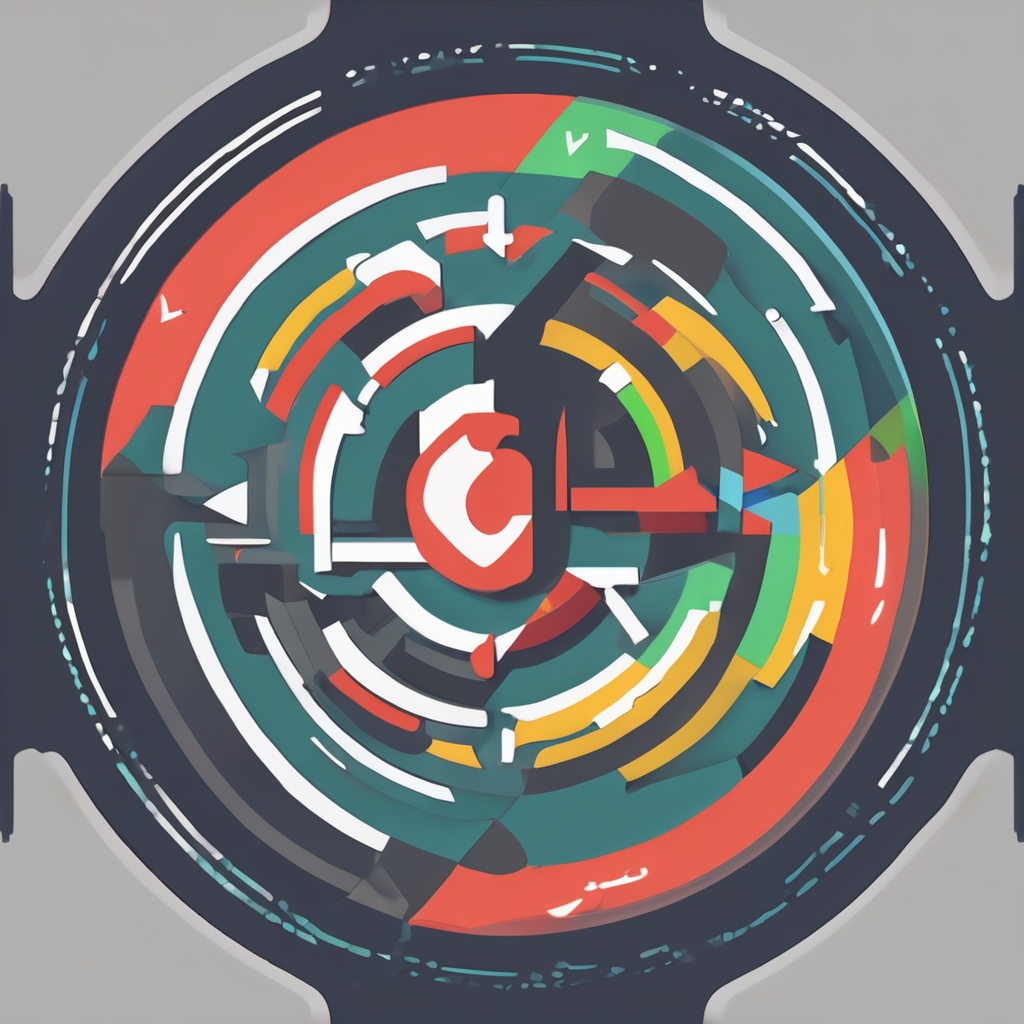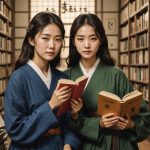Korean novels offer a unique window into a rich cultural heritage and evolving modern narratives. From timeless classics to groundbreaking contemporary works, these stories explore themes of identity, history, and society with remarkable depth. Whether you’re new to Korean literature or a seasoned reader, discovering these top Korean novels promises an insightful and captivating journey through diverse genres and unforgettable voices.
Essential Korean Novels Every Reader Should Know
Discovering the top Korean novels opens a gateway to rich cultural narratives that have shaped Korean literature. Among the must-read Korean books, some works have received global acclaim for their profound storytelling and thematic depth.
Topic to read : Find your ideal 3d pen: perfect picks for all creators
One seminal novel is “Pachinko” by Min Jin Lee (2017). This sweeping family saga traverses generations of Korean immigrants in Japan, exploring themes of identity, resilience, and belonging. Recognized for its intricate narrative and historical context, it stands as a cornerstone in Korean literature recommendations.
Another cornerstone is Han Kang’s “The Vegetarian” (2007), a psychological drama that delves into rebellion against societal norms and the human psyche’s complexities. Its unsettling yet poetic prose earned it the Man Booker International Prize, cementing its status among the top Korean novels.
Also to discover : Explore the exciting world of korean novels today!
Shin Kyung-sook’s “Please Look After Mom” (2008) highlights familial bonds and memory with poignant clarity. This novel is a touchstone in the must-read Korean books category for its emotional depth and cultural insights.
Exploring these works provides not only literary enjoyment but also an understanding of Korea’s evolving social fabric. For readers eager to unfold vivid stories beyond the Han River, these novels are indispensable entries in any thoughtful collection of Korean literature recommendations.
Contemporary Works Shaping Modern Korean Literature
Exploring the pulse of recent Korean fiction
Modern Korean novels have brought a fresh and dynamic energy to the literary world, reflecting the evolving social and cultural landscapes of Korea. Contemporary works often blend traditional themes with innovative narrative structures, making recent Korean fiction both relatable and compelling.
One standout feature in modern Korean novels is the deep exploration of identity and societal change. Influential Korean authors address topics like generational conflicts, urbanization, and the tension between tradition and modernity. These elements create stories that resonate widely while offering unique insights into Korean life.
For readers new to Korean literature, several recent Korean fiction titles provide accessible yet profound introductions to this vibrant field. These works often highlight characters navigating personal and collective challenges, illustrating modern storytelling’s focus on realism paired with poetic nuance. Engaging with these contemporary works offers a window not only into Korean culture but also universal themes that connect readers worldwide.
By delving into modern Korean novels, literary enthusiasts can unfold vivid stories beyond the Han River, enriching their understanding of Korea’s literary evolution.
Classic Korean Novels and Their Enduring Legacy
Diving into the roots of Korean literary tradition
Classic Korean novels hold a pivotal place in the Korean literary heritage, serving as a window into the cultural, social, and historical fabric of Korea. These historical Korean literature pieces are not only landmark works but also bear testament to the evolution of storytelling and societal reflection that continues to resonate today.
The themes explored within classic Korean novels often revolve around Confucian values, family dynamics, social hierarchy, and the tensions between tradition and change. This thematic richness provides insight into the era’s prevailing beliefs and challenges, rendering Korean literary heritage deeply textured and meaningful.
Notable authors, such as Kim Man-jung and Heo Gyun, are revered for their pioneering contributions to classic Korean novels. Their works illustrate the profound narrative capacity of historical Korean literature, combining poetic elegance with sharp social commentary. Kim Man-jung’s The Cloud Dream of the Nine is a profound example that artfully intertwines Buddhist philosophy with storytelling, encapsulating enduring cultural values.
By immersing oneself in these classic Korean novels, readers can unfold vivid stories beyond the Han River, experiencing the depth of Korea’s literary legacy through the voices and visions of its earliest masters.
Genre and Theme Highlights in Korean Literature
Delving into Korean novel genres reveals a rich tapestry ranging from romance and mystery to historical and fantasy stories. This diversity reflects the vibrant creativity found in Korean literature, appealing to a wide spectrum of readers. Whether you enjoy unraveling thrilling mysteries or immersing yourself in epic historical sagas, Korean literature offers something to satisfy your literary taste.
Popular Korean book themes often explore profound subjects such as identity, history, family, and society. These themes provide readers with thoughtful insights and emotional depth. For instance, themes of identity frequently explore the tension between tradition and modernity, allowing readers to reflect on personal and collective experiences. Historical themes enrich narratives by threading real events through fictional storytelling, making the past a living, breathing backdrop.
For readers with varied preferences, recommendations abound. Lovers of romance can find heartfelt tales that delve deeply into relationships and cultural nuances. Fans of fantasy might enjoy stories rich with folklore and supernatural elements, captivating the imagination while drawing on Korean cultural heritage. Those intrigued by societal issues will appreciate novels that critically examine contemporary Korea through social commentary.
To further expand your experience with the multifaceted world of Korean literature, you might want to unfold vivid stories beyond the Han River, discovering the full breadth of Korean novel genres and popular Korean book themes in a way that resonates deeply with diverse readers.
Where to Find and Read Top Korean Novels
Finding Korean novel translations that capture the original’s nuance is key for readers eager to delve into Korean literature. The best sources often come from reputable publishers specializing in Korean books in English, ensuring quality and faithful translation. These publishers carefully select works that represent diverse genres and voices, making them accessible to a global audience.
For those who want to buy Korean novels, several online bookstores offer extensive catalogs featuring both physical copies and e-books. Websites dedicated to Asian literature provide curated selections, often with customer reviews to guide choices. Additionally, major platforms like Amazon and specialized indie stores stock Korean books in English, sometimes bundled with audiobooks for a more immersive experience.
Physical bookstores that focus on international literature or cultural sections in large chains usually have a growing collection of Korean novels. Public and university libraries also increase accessibility, often carrying translations of popular Korean titles or offering interlibrary loans. E-books and audiobooks expand convenience, allowing readers worldwide to enjoy Korean literature on the go. Whether through print or digital means, the availability of Korean novel translations continues to broaden, inviting more readers to unfold vivid stories beyond the Han River.







